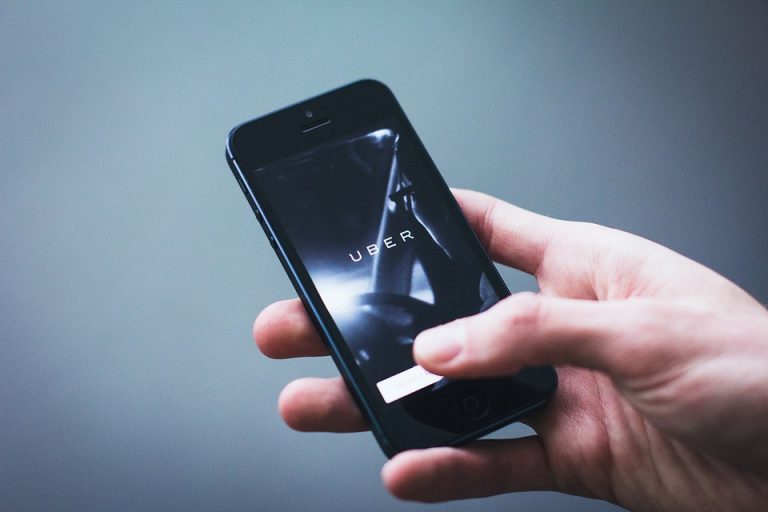 EMERGING TECH
EMERGING TECH
 EMERGING TECH
EMERGING TECH
 EMERGING TECH
EMERGING TECH
Uber Technologies Inc. delivered a mixed bag of results in third-quarter earnings, with the ride-hailing giant reporting its first adjusted profit while also having to write down its stake in Didi Global Inc.
For the quarter ended Sept. 30, Uber reported revenue of $4.8 billion, up 72% year-over-year and up from $3.93 billion in the previous quarter. The company booked a net loss in the quarter $2.4 billion or $1.24 per share.
Analysts had been predicting revenue of $4.4 billion on a loss of 33 cents per share.
The net loss was driven by a $2 billion revaluation of Uber’s equity investments. including a loss of $3.2 billion in relation to its investment in Didi. The writedown in Uber’s Didi stake was balanced somewhat by increasing valuations in the company’s stakes in Zomato Ltd., Aurora Innovation Inc. and Joby Aero Inc.
Didi’s troubles continue as the Chinese Community Party targets the company as part of a broader crackdown on large tech companies in the Middle Kingdom. A national security probe into the company is ongoing amid some suggestions that Didi may be forced to list on the Hong Kong Stock Exchange. Uber owns a stake in Didi after selling its operations in mainland China to the company in 2016.
Without the hit from Didi’s sliding share price, Uber delivered a profit before certain costs such as depreciation of $8 million in the quarter, the first time it has done so as a listed company. That was also up $517 million up over the previous quarter.
Bookings rose across the board as Uber continues to thrive as much of the world emerges from COVID-19 lockdowns. Gross bookings in mobility rose 67% from a year ago, to $9.883 billion, while delivery rose 50%, to $12.828 billion, and freight rose 39%, to $402 million.
Mobility, primarily Uber’s ride-hailing business, continues to be the most profitable sector for the company, with an adjusted profit in the quarter of $544 million, up 122%. Delivery, primarily Uber Eats, saw an adjusted loss of $12 million, but that was an improvement of 93% year-over-year.
The recovery post-pandemic was the theme of the earnings report, with drivers returning to the platform and ridership rates at levels last seen in 2019.
“While we recognize it’s just a step, reaching total-company adjusted EBITDA profitability is an important milestone for Uber,” Nelson Chai, chief financial officer of Uber, said in a statement. “Not only did our Mobility business recover to pre-COVID margins this quarter, our core restaurant delivery business was profitable on an adjusted EBITDA basis for the first time as well, bringing the full Delivery segment close to breakeven.”
Looking ahead, Uber said that it expects gross booking of between $25 billion and $26 billion in the fourth quarter and an adjusted profit of $25 million to $75 million.
Investors weren’t sure what to make of the figures, which was reflected in the share price movement after the bell. After initially dipping to $42.64, Uber’s share price went to $46.30 until settling at $44.36, down 2% as of 8 p.m. EDT.
THANK YOU